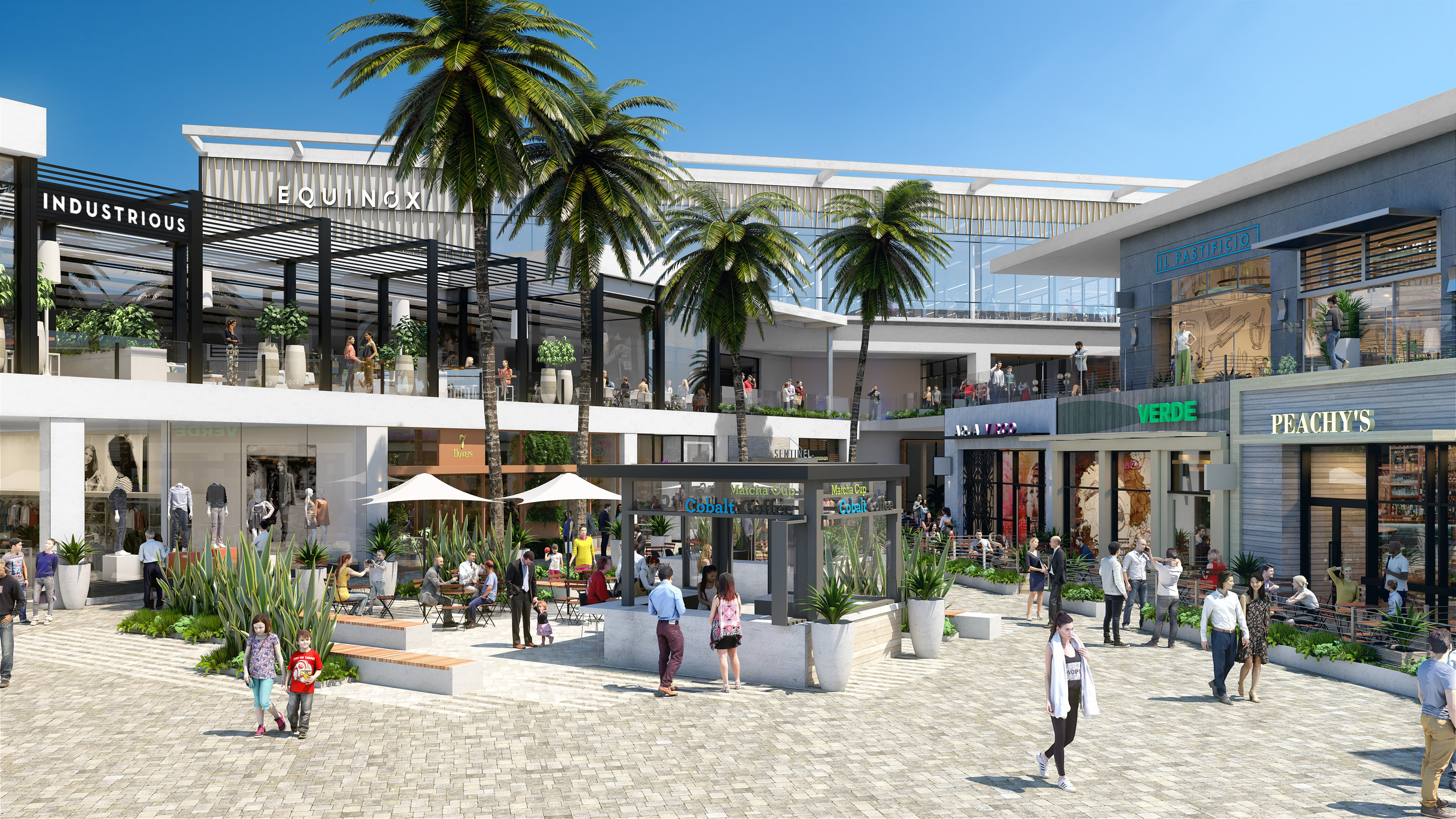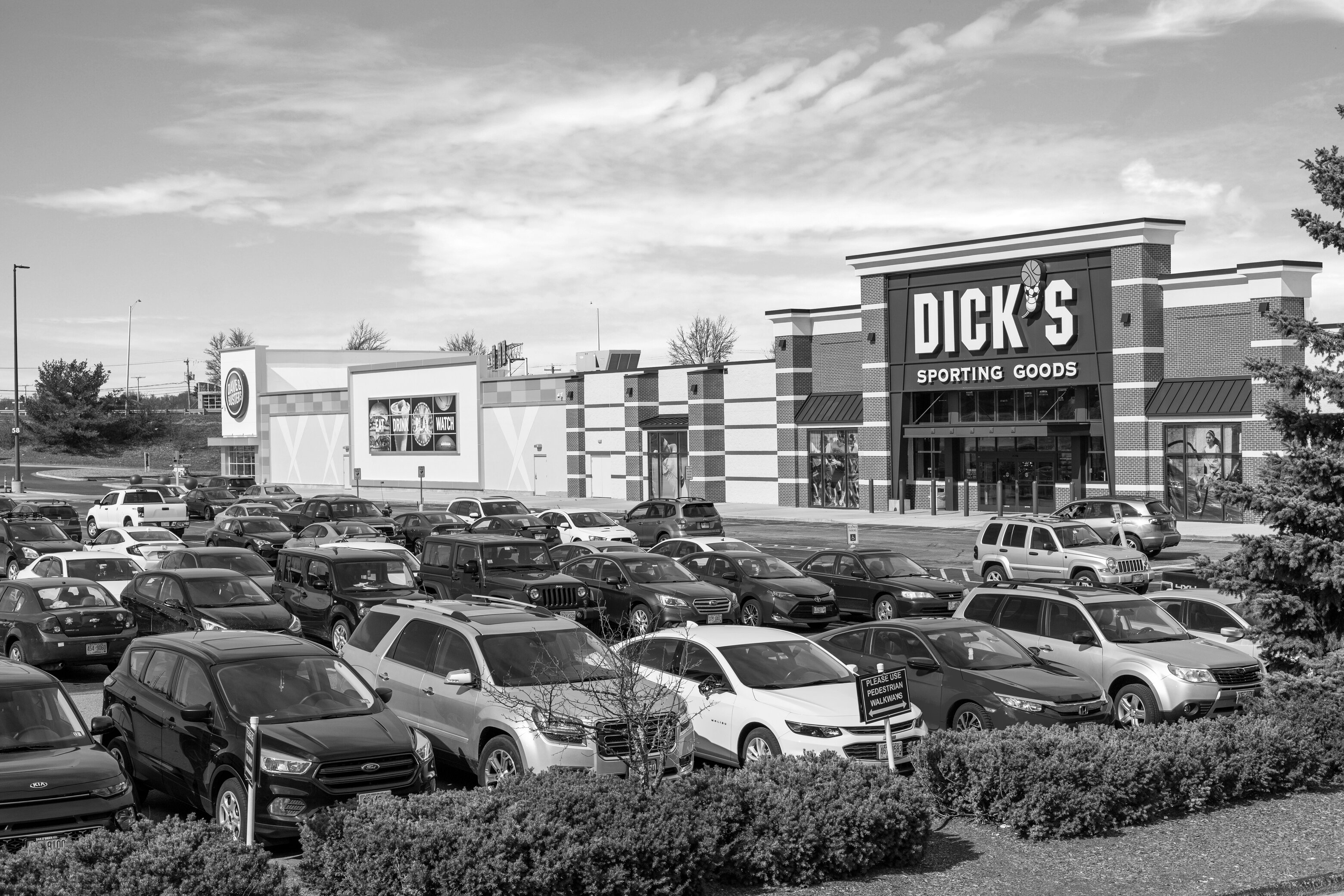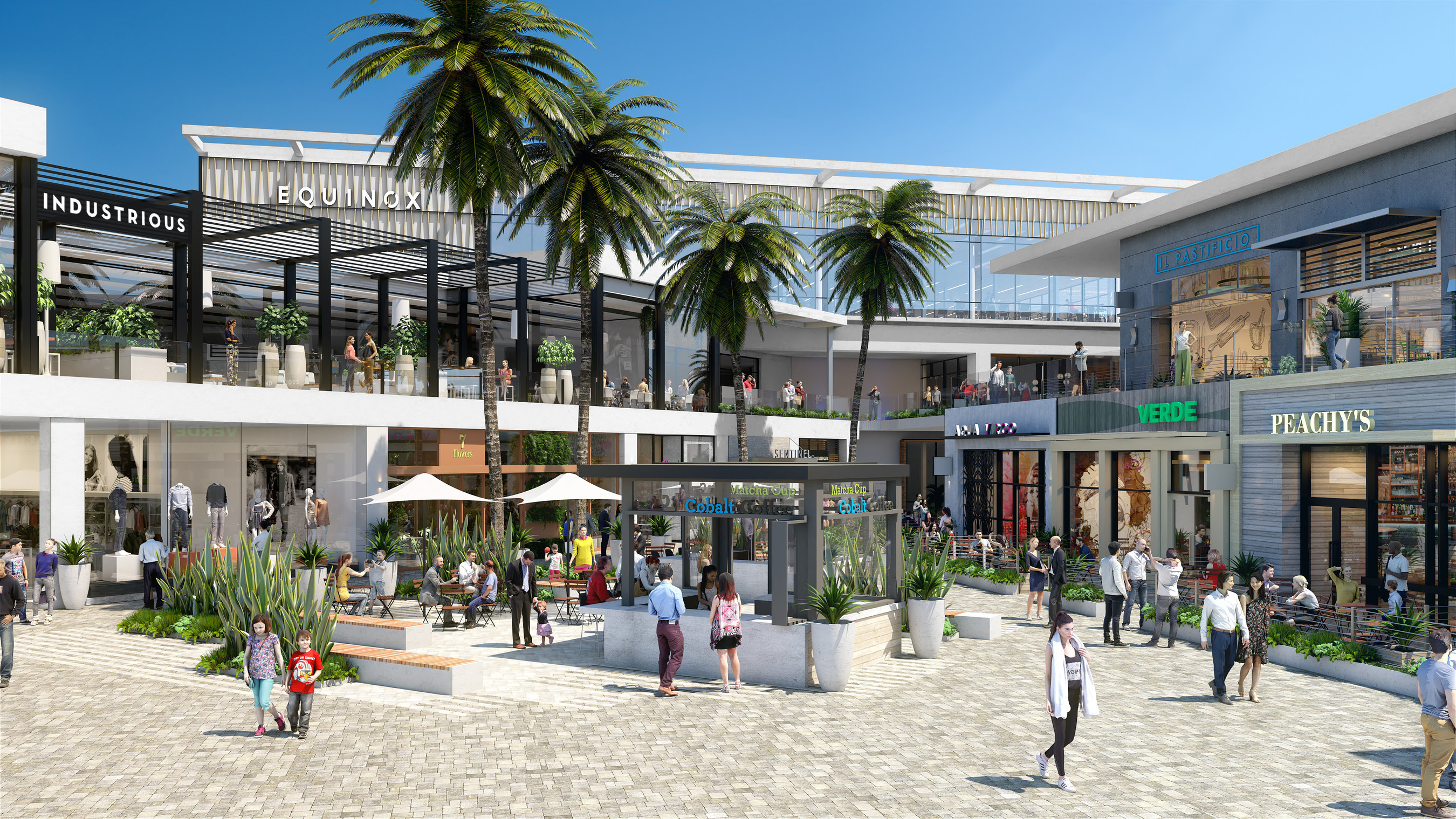Sears Holdings (SHLDQ +0.00%) filed for bankruptcy last month, but even before that, it had been closing stores left and right. This has caused rapid erosion of the revenue base at Sears' real estate spinoff, Seritage Growth Properties (SRG +2.94%).
Indeed, whereas Sears and Kmart occupied nearly all of the 266 properties that Sears Holdings sold to Seritage in mid-2015, they will be tenants at just 101 of Seritage's properties by early 2019, following an upcoming wave of store closures and a few asset sales by Seritage.
As a result, Seritage's funds from operations (FFO) turned negative in the third quarter and will likely fall deeper into negative territory over the next few quarters. However, investors shouldn't fear this burst of red ink, as Seritage Growth Properties is poised to begin generating strong, sustainable FFO growth within a year or so.
Near-term financial results are bad and getting worse
Last quarter, Seritage's rental income fell about 15% year over year, to $41.2 million, mainly due to a higher vacancy rate related to Sears and Kmart stores that have closed. Total revenue -- including management fees and tenant reimbursements -- declined 12% to $56.6 million. Meanwhile, property-level expenses and Seritage's general and administrative costs rose.

As Sears has closed stores, Seritage's vacancy rate has been rising. Image source: Sears Holdings.
This caused adjusted FFO to plunge below the breakeven mark, at negative $0.8 million (or negative $0.01 per share), down from $17.6 million or $0.32 per share a year earlier.
Seritage also noted that as of Sept. 30, 46 of the 151 properties leased to Sears and Kmart had pending recapture or termination notices and will become vacant soon. (Another four are under contract to be sold.) As a practical matter, that means rental income is set to fall further in the fourth quarter of 2018 and the first quarter of 2019 -- even if Sears avoids liquidation -- driving Seritage's FFO even lower.
Why profitability will keep sinking
On the surface, Seritage's outlook seems bleak. However, that's mainly because it can take two years or more for Seritage to complete a redevelopment project after a Sears or Kmart store is closed. During that period, the property typically generates no income.
On the other hand, the new tenants that Seritage has lined up to replace Sears and Kmart in various locations pay an average of four times as much per square foot. In other words, Seritage Growth Properties has to endure some short-term pain to pave the way for long-term gains.

Seritage has to cope with a loss of revenue while it redevelops properties. Image source: Seritage Growth Properties.
The REIT has completed a number of small and midsize projects in recent months, and a handful of others will have new tenants moving in by early 2019. This will offset some of the lost rent from Sears Holdings over the next few quarters. However, of the 21 larger-scale redevelopment projects (with budgets of over $20 million) that Seritage has announced, 10 are scheduled for completion in the second half of 2019, with another five coming on line in 2020.
Based on the timelines of Seritage's larger, more lucrative projects, the headwind from Sears Holdings store closures is likely to outweigh the tailwind from new tenants moving in for the next few quarters.
But a turnaround is coming
Looking out toward late 2019 and 2020, the outlook for Seritage is surprisingly strong, because many of the company's key redevelopment projects will start to open.
In addition to the $61.6 million of annual rent paid by third-party tenants (i.e., not including Sears Holdings) that have already opened, Seritage has another $75 million of annual rent in the pipeline from signed-not-opened (SNO) leases. SNO leases are contractually binding -- they just aren't generating revenue today because the tenants haven't opened their doors yet. Furthermore, Seritage estimates that it will get another $80 million in annual rent from leasing uncommitted space at the redevelopment projects already under way.
This suggests that Seritage's annual rent from third-party tenants will surpass $200 million in mid-to-late 2020. By the end of 2020, total revenue (including tenant reimbursements) should hit a new record -- even if Sears Holdings closes all of its remaining stores and stops paying rent.
Seritage Growth Properties currently has nearly $1 billion of liquidity, thanks to a big term loan it got from Berkshire Hathaway a few months ago. That's more than enough money to fund all of the redevelopment projects currently in the pipeline. Seritage has also started to raise capital by selling some of its less-promising real estate, as well as properties that can fetch high prices from strategic buyers.
In recent weeks, Seritage stock has fallen below $40 after briefly surging above the $50 mark in August. Given that the REIT has already lined up the funding it needs to weather a transition away from having Sears Holdings as a major tenant -- and that FFO is set to rebound quickly starting in late 2019 -- long-term investors may want to give Seritage Growth Properties a look.






